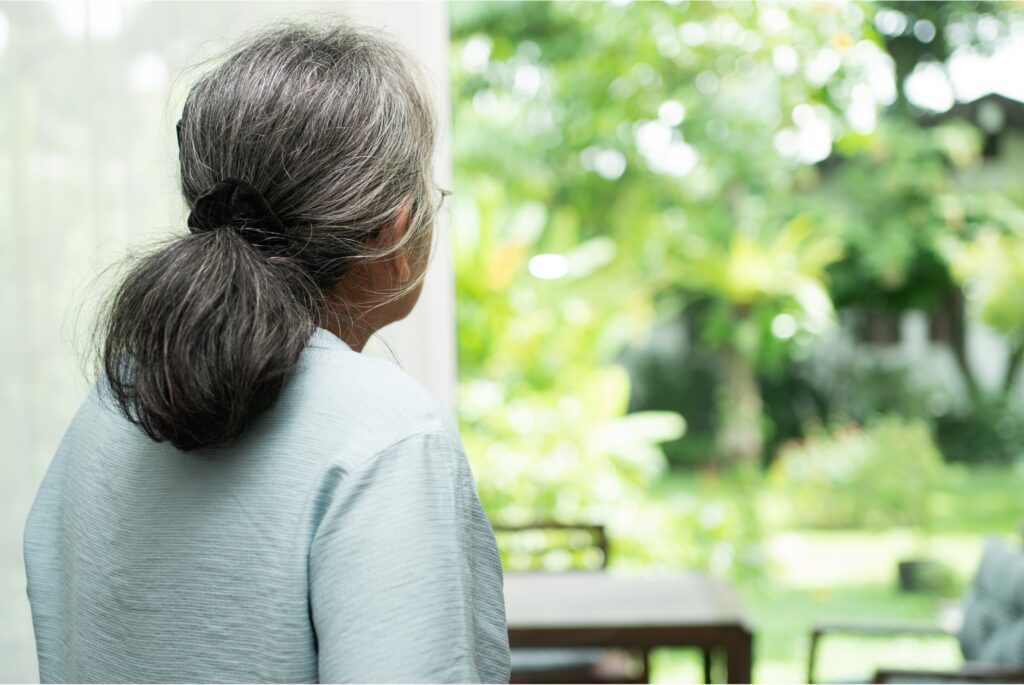Senior Independence: Balancing Independence and Safety
February is Senior Independence Month which highlights the sense of purpose seniors derive from exercising their autonomy. Independence is integral to preserving dignity. Yet independence can clash with the realities of the physical and mental restrictions of age.

Loss of independence can be isolating. Seniors who are isolated may experience diminished mental health that can lower their quality of life. February is Senior Independence Month which highlights the sense of purpose seniors derive from exercising their autonomy.
Independence gives seniors opportunities for achievement, even small strides. It allows them to contribute to the lives of their family, friends, and neighbors. It is integral to preserving dignity. Yet independence can clash with the realities of the physical and mental restrictions of age. Caregivers and loved ones often need to strike a delicate balance between preserving independence and ensuring safety.
Maintaining independence for seniors living in personal care homes and assisted living facilities is a moving target. Resident’s may have limitations on admission, or their abilities may diminish during their stay. Caregivers are put in the complicated position of imposing restrictions that reduce independence but increase safety.
Incidents of wandering and elopement shine a spotlight on the potential risks associated with prioritizing independence over safety. If residents have dementia or a history of wandering, their movement must be monitored or restricted, so they don’t wander from the facility and get injured. There are practical tips and strategies to manage this situation:
Mitigating Risks
Care home operators can mitigate the risks of wandering and elopement while respecting and supporting the independence of residents by making environmental modifications (i.e. pressure sensing floor mats), maintaining proper staffing and training, and implementing technology solutions (door alarms). You can create an environment for safe wandering where residents can be outside in protected areas or while being monitored.
Empowering Residents
It is vital to empower residents to make choices and maintain a sense of autonomy while also implementing safety measures. One effective strategy is to conduct meetings with residents and loved ones to involve them in decision-making and the risk management process. Many states allow the resident to enter into a written negotiated risk agreement. This involves giving the resident and their family a detailed description of the risk. The resident must formally accept responsibility for the consequences of assuming the risk instead of following safety measures. Having a thoughtful process around the execution of this agreement can result in the resident complying with safety measures. Sometimes, the resident or family simply needs to feel heard.
Community Engagement
Families, caregivers, and the broader community can play a key role in supporting senior independence while addressing safety concerns. Leading with empathy, keeping communication channels open, acknowledging the frustration involved in any reduction in independence and showing support can help reduce anxiety. Develop clear protocols for responding to incidents of elopement, including communication procedures with local authorities and community members.
These strategies have worked in personal care homes where residents were able to enjoy the outdoors on protected or monitored patios or yards. In other cases, staff immediately responded to notification of a wandering resident, calmly approached them, gently steering them back into the facility.
As personal care home and assisted living operators continue striving for a balanced approach that promotes autonomy and security for all, they must never lose sight of their North Star – the well-being of their residents.
PCH Members have access to resources for negotiated risk agreements and to help prevent wandering and elopement through the Member Portal at pcalic.com.